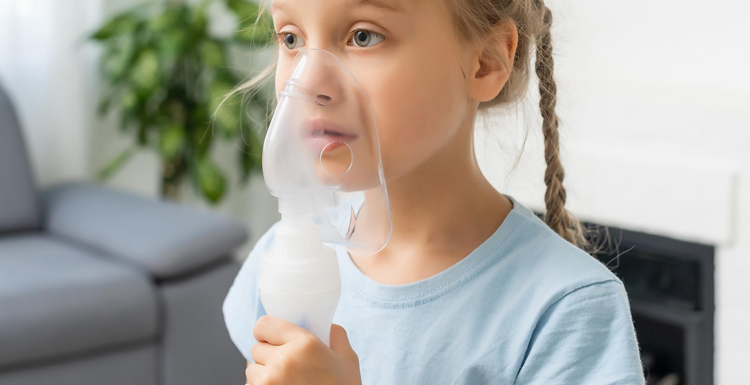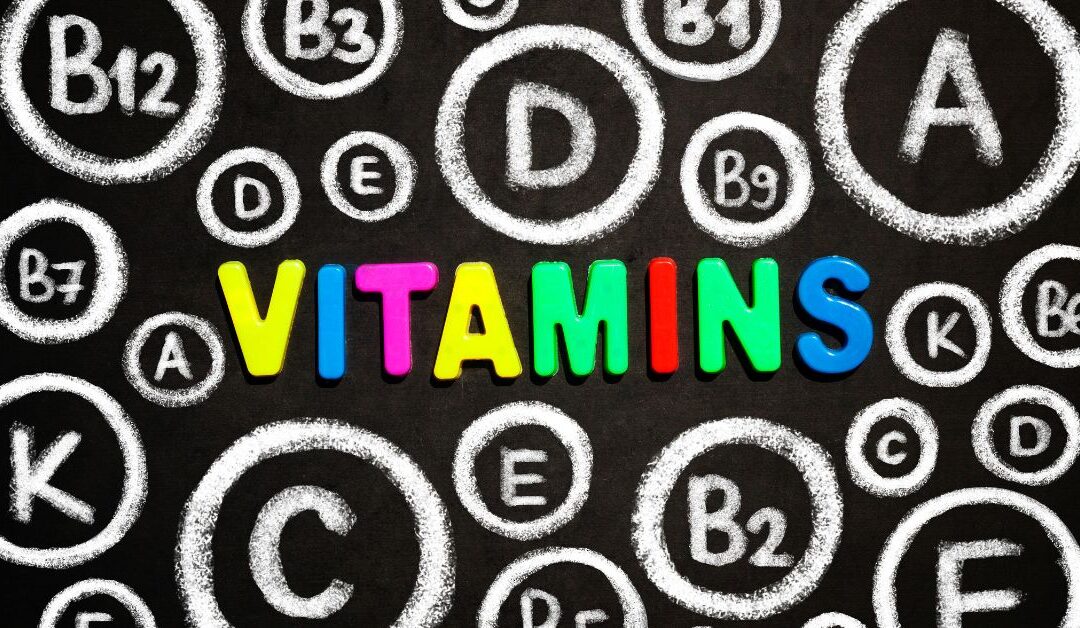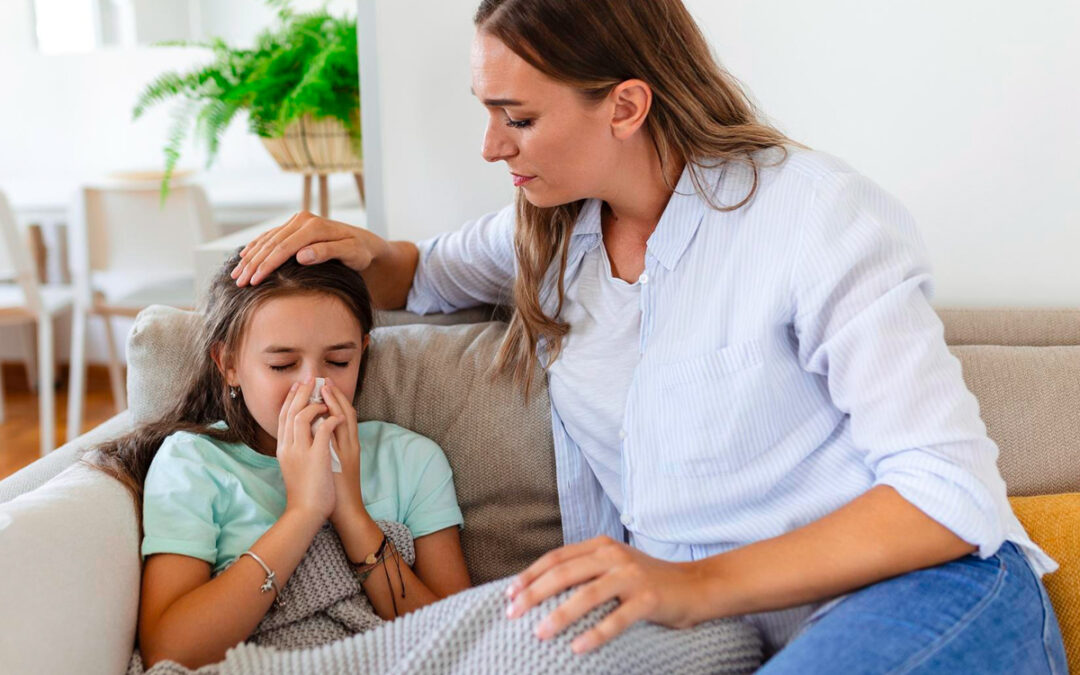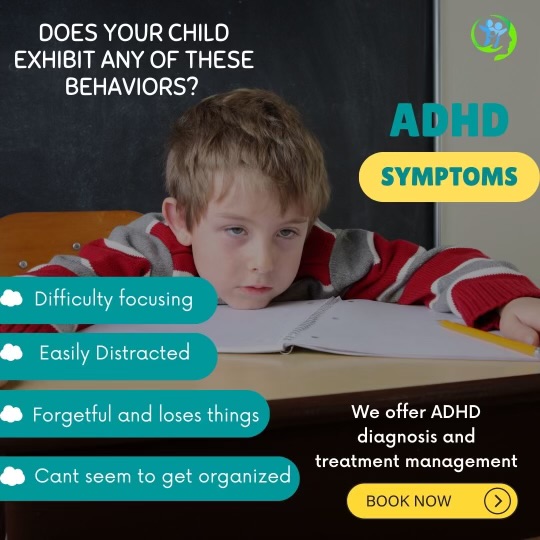Pediatric Asthma
Jacksonville Pediatric Asthma: Understanding and Treatment
What is Pediatric Asthma?
Pediatric asthma is a chronic respiratory condition that affects children. It is characterized by inflammation and narrowing of the airways, leading to symptoms such as wheezing, coughing, and difficulty breathing. This condition can vary in severity, with some children experiencing occasional flare-ups while others may have persistent symptoms.
Causes and Triggers
While the exact cause of pediatric asthma is unknown, it is believed to be a combination of genetic and environmental factors. Common triggers include allergens (such as pollen, dust mites, and pet dander), respiratory infections, exercise, cold air, and exposure to tobacco smoke. Identifying and avoiding triggers is an essential part of managing pediatric asthma.
Diagnosis
Diagnosing pediatric asthma involves a comprehensive evaluation of the child’s medical history, symptoms, and physical examination. Additional tests, such as lung function tests and allergy testing, may be performed to assess the severity of the condition and identify specific triggers. Early diagnosis is crucial for effective management and improved quality of life.
Treatment Options
- Medications: Quick-relief medications: These bronchodilators provide immediate relief during asthma attacks by relaxing the airway muscles. – Long-term control medications: These medications, such as inhaled corticosteroids, help reduce airway inflammation and prevent asthma symptoms from occurring.
- Allergy Management: Allergen avoidance: Identifying and minimizing exposure to allergens can significantly reduce asthma symptoms. – Allergy shots: In some cases, allergen immunotherapy may be recommended to desensitize the child’s immune system to specific allergens.
- Asthma Action Plan: Developing an individualized asthma action plan in collaboration with healthcare professionals helps parents and children understand how to manage asthma symptoms, recognize warning signs, and take appropriate action.
- Education and Support: Educating parents and children about asthma triggers, medications, proper inhaler technique, and when to seek medical help is crucial for effective management. – Support groups and resources can provide emotional support and practical tips for coping with pediatric asthma.
Prevention and Lifestyle Modifications
Prevention plays a vital role in managing pediatric asthma. Here are some lifestyle modifications that can help: – Maintaining a clean and dust-free environment at home. – Encouraging regular exercise and physical activity to strengthen lung function. – Avoiding exposure to secondhand smoke and other respiratory irritants. – Ensuring proper nutrition and a healthy lifestyle to support overall respiratory health.
When to Seek Medical Help
It is important to seek medical assistance if:
- Asthma symptoms worsen or become more frequent.
- The child’s medication does not provide adequate relief.
- The child experiences difficulty breathing, chest pain, or other severe symptoms.
- Asthma symptoms interfere with daily activities, sleep, or school attendance.
Pediatric asthma is a chronic condition that requires ongoing management and support. With the right treatment plan, education, and lifestyle modifications, children with asthma can lead active and fulfilling lives. If your child exhibits symptoms of asthma, consult with our experienced pediatrician who specialize in pediatric respiratory care. Together, we can help your child breathe easier and enjoy a healthier future.






 Your content goes here. Edit or remove this text inline or in the module Content settings. You can also style every aspect of this content in the module Design settings and even apply custom CSS to this text in the module Advanced settings.
Your content goes here. Edit or remove this text inline or in the module Content settings. You can also style every aspect of this content in the module Design settings and even apply custom CSS to this text in the module Advanced settings.